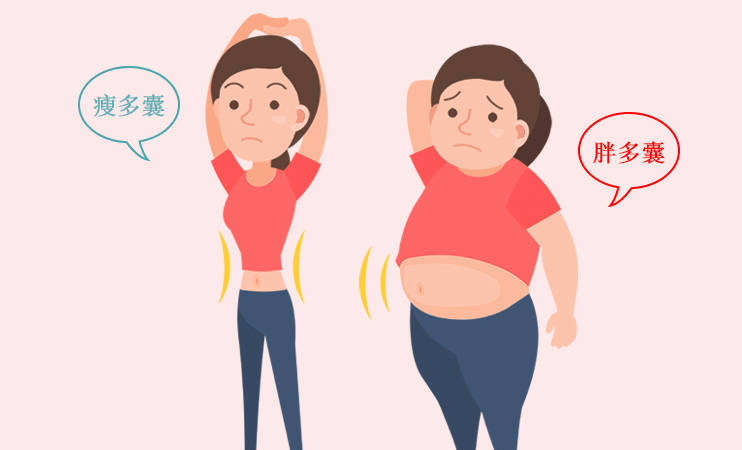One of the symptoms of polycystic ovary syndrome is obesity. For our plump sisters, weight loss is an important management measure, as obesity is closely related to many symptoms and complications of polycystic ovary syndrome.
What benefits can weight loss bring?
Improving reproductive health: Losing weight to a normal range can help restore ovulation and increase the chances of pregnancy.
Research shows that losing even just 5% of body weight can have a positive impact on some women, while losing more than 10% can significantly increase the chance of restoring natural ovulation and reduce insulin levels in the blood. So ladies, it’s time to take action by watching your diet and exercising.
Regulating hormone levels: Weight loss can help reduce androgen levels in the body, improve insulin resistance, and by decreasing fat mass, reduce the leptin produced by adipose tissue, thereby improving hormonal balance.
Increasing medication sensitivity: Weight loss can enhance the body’s response to medications for polycystic ovary syndrome, such as reducing the need for metformin while also alleviating potential side effects of the medication.
Improving quality of life: Weight loss can also improve mental health, reducing feelings of depression and anxiety, while enhancing self-image and fertility.
However, weight loss methods must be scientific and reasonable to avoid excessive dieting or extreme exercise, so as not to cause stress to the body. There have been cases where women excessively pursued “skinny beauty” and chose to undergo abdominal liposuction, which led to ovarian function issues and infertility.
Therefore, weight loss plans for patients with polycystic ovary syndrome should be conducted under the guidance of a doctor or nutritionist to ensure effective weight loss without compromising health.
For non-obese patients with polycystic ovary syndrome, the focus should be on comprehensive management, including regular exercise, healthy diet, and necessary medication treatment.


